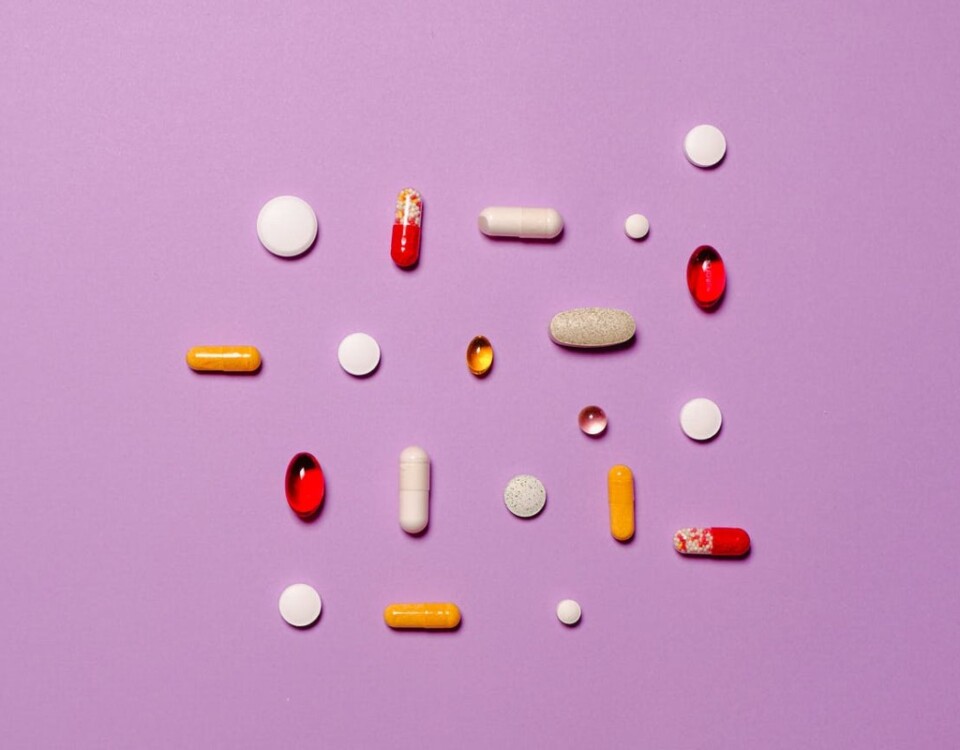- Have You Any Question ?
- [email protected]
Is Your Heart In DANGER By Popular Zero-Calorie Sweetener? Erythritol Heart Attack Risk

Are You Getting Enough Vitamin B?
August 4, 2022A new study published in Nature Medicine suggests that erythritol, a popular sugar substitute found in many no-sugar and keto-friendly products, may be linked to an increased risk of heart attack and stroke.
The study discovered that people with the highest levels of erythritol in their blood were twice as likely to have a heart attack, stroke, or death compared to those with the lowest levels. This puts the risk on par with strong cardiac risk factors like diabetes and even stronger than high cholesterol or blood pressure.
Researchers initially set out to study different compounds that occur naturally in the blood to predict heart attack or stroke risk. They found that people with naturally high levels of erythritol, which is produced as a byproduct of metabolism, appeared to be at higher risk. They then measured erythritol levels in nearly 3,000 participants in the US and Europe and found that those with the highest levels had twice the risk of heart attack, stroke, or death.
The study also found that erythritol can make platelets easier to activate and form blood clots, which can lead to heart attack or stroke. Additionally, consuming erythritol in processed foods can increase plasma levels of the compound by up to 1,000%.
While the American Heart Association has previously advised short-term replacement of sugar-sweetened beverages with low-calorie sweeteners, including artificial sweeteners, this study adds to existing concerns about the long-term risks of sugar substitutes for heart health.
A lot of people with underlying cardiac risk factors have been consuming products sweetened with erythritol because they believed it would somehow reduce those risks. But the results of a recent study imply that those very products are putting people at an even higher risk of cardiovascular disease.
This study builds on research data from the Women’s Health Initiative that showed that women who consumed at least 24 ounces on average per day of artificially sweetened beverages had an elevated risk of cardiovascular disease.
“Given that the safety of these sugar substitutes has not been studied in detail, I believe the topic of artificial sweeteners and their impact on our health deserves more attention. This article brings up some very compelling questions that are important to address,”
-says a doctor.
Follow-up studies are needed to confirm the findings in the general population, noted the authors. The study had several limitations, including that observation studies demonstrate association and not causation.
While it’s true that these findings show an association between erythritol and heart disease, rather than conclusive evidence of the link, it is certainly an important contribution to the growing body of literature on the topic.
“To further strengthen these findings, we need more solid scientific evidence in the form of randomized controlled trials with larger population sizes, which can effectively assess the direct impact these products have on cardiovascular disease,”
-Says a doctor.
Erythritol is “Generally Recognized As Safe (GRAS)” by the U.S. Food and Drug Administration (FDA), which means there is no requirement for long-term safety studies.
“My hesitation for recommending artificial sweeteners is the lack of scientific knowledge about their long-term effects. This study shows that rather than adding health benefits, use of erythritol has potential for harm,”
-Says a doctor
“With the information we have so far, this would further strengthen my support for choosing lifestyle changes and reducing sugar intake over using artificial sugar substitutes for an overall reduced risk of cardiovascular events,”
he adds.
“I’m going to tell my patients that it’s better to use a modest amount of sugar or honey, in moderation, rather than reach for the thing that has an enormous amount of artificial sweetener in it that has not been well studied in terms of long-term health effects,”
says another doctor.
Patients are advised to be patient and kind to themselves when making changes to their diet, and that making small, gradual changes is more likely to be successful.




